Here is the grammar of simple arithmetic expression in ANTLR. I would like to get the parsing tree for a simple arithmetic expression.
grammar LabeledExpr; // rename to distinguish from Expr.g4
prog: stat+ ;
stat: expr NEWLINE # printExpr
| ID '=' expr NEWLINE # assign
| NEWLINE # blank
;
expr: expr op=('*'|'/') expr # MulDiv
| expr op=('+'|'-') expr # AddSub
| INT # int
| ID # id
| '(' expr ')' # parens
;
MUL : '*' ; // assigns token name to '*' used above in grammar
DIV : '/' ;
ADD : '+' ;
SUB : '-' ;
ID : [a-zA-Z]+ ; // match identifiers
INT : [0-9]+ ; // match integers
NEWLINE:'\r'? '\n' ; // return newlines to parser (is end-statement
signal)
WS : [ \t]+ -> skip ; // toss out whitespace
Now I input (3+5)*4, ANTLR generates the parsing tree of the expression correctly. However, if I input (3+5)4, which is not a valid input, I also get no errors and a parsing tree. From the output, it seems that only (3+5) is accepted.
I also noticed some similar cases that, if some matches have been found in the input, the remaining input will be neglected. For example, I defined a grammar:
relation_op : LESS_THAN | LEQ | GREATER_THAN | GEQ | EQUAL |
DOUBLE_EQUAL | NEQ;
//Capital letters are predefined symbols(<,>,=...)
Then I input <dskjkdsd, the parsing tree for < will be displayed correctly with extra wrong input dskjkdsd ignored.
So what went wrong in this?


